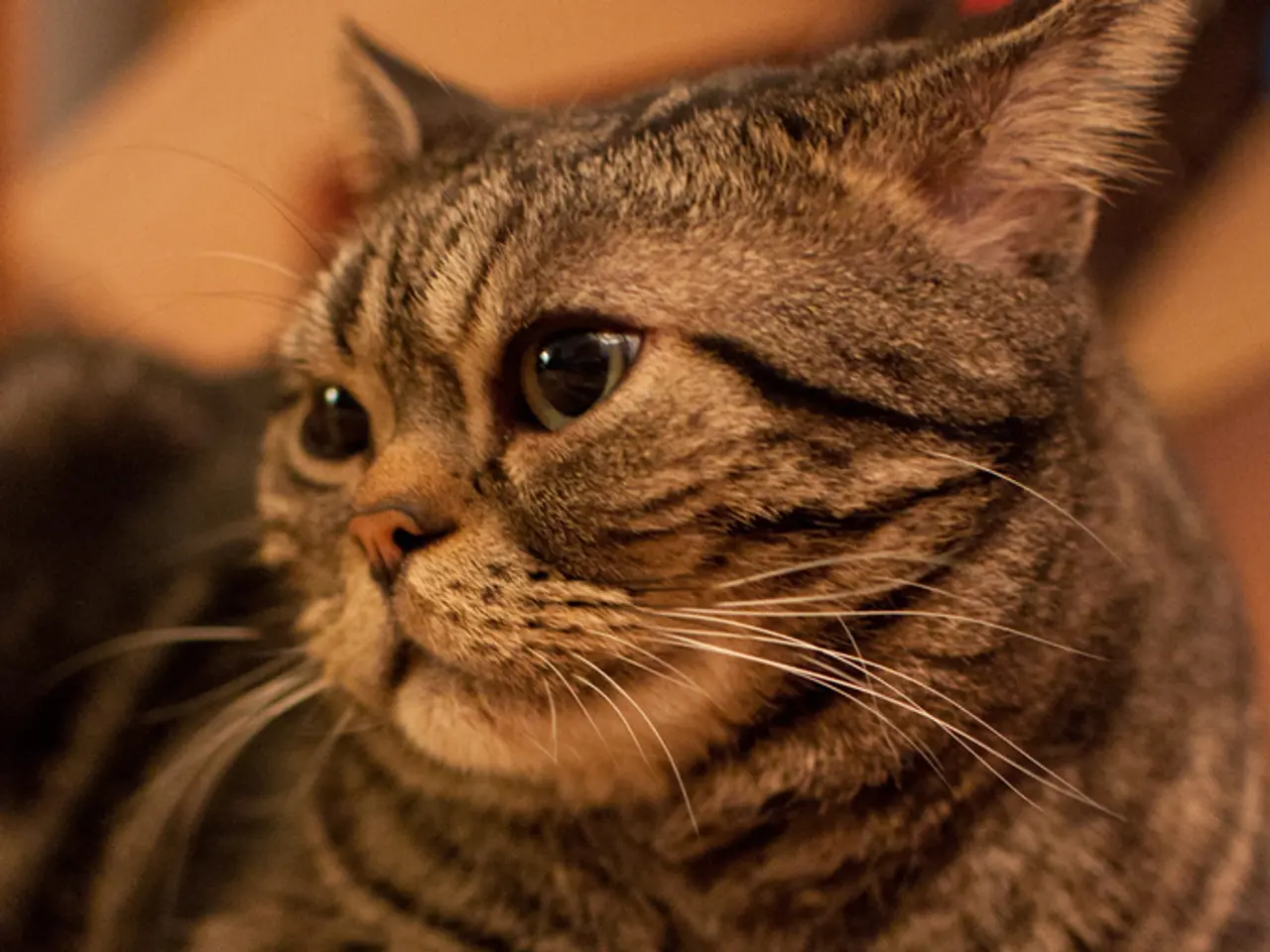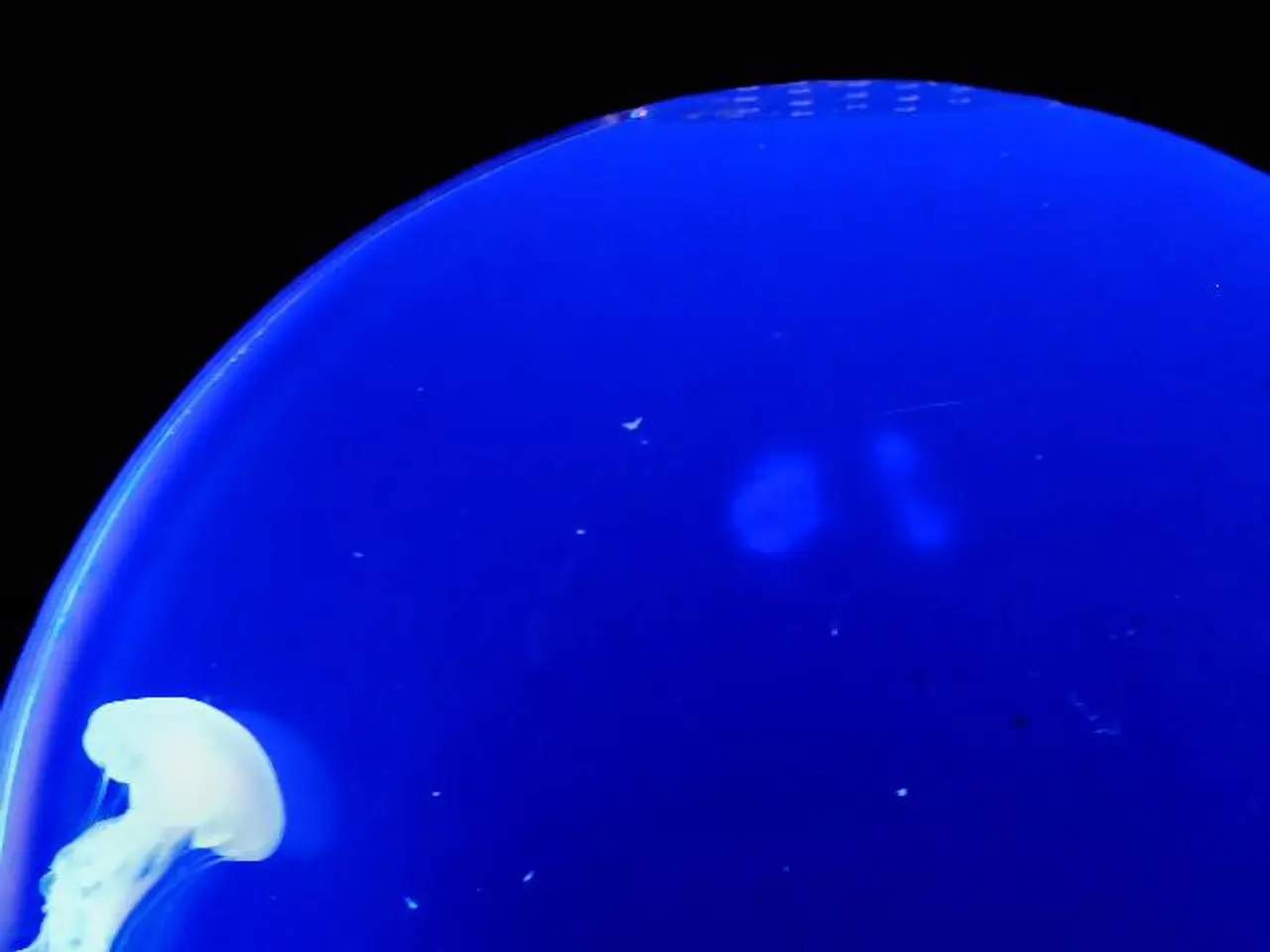Cat Sneezing: Could it be Allergies? Examination of Possible Causes
Keeping a cat indoors, ensuring regular vaccinations, and maintaining a clean environment can support a cat's health, but persistent sneezing in cats can signal various underlying issues that require veterinary attention.
Persistent sneezing, lasting more than a week, accompanied by symptoms such as nasal or eye discharge, swelling around the nose or face, bad breath, difficulty eating, or breathing problems, should prompt a visit to the vet. Signs of discomfort or distress, suspected fungal or bacterial infections, or if sneezing is caused by a foreign object, also warrant immediate veterinary care.
Several factors can cause persistent sneezing in cats. Upper Respiratory Infections (URIs), commonly caused by viruses like feline herpesvirus-1 or feline calicivirus, are similar to colds in humans and cause sneezing, nasal congestion, and discharge. These infections are highly contagious, especially in kittens, seniors, multi-cat environments, or stressed cats.
Chronic Respiratory Conditions, such as chronic rhinitis, chronic sinusitis, or feline asthma, lead to long-term nasal inflammation resulting in frequent sneezing, nasal discharge, and potential breathing difficulties.
Fungal and bacterial infections can also cause chronic sneezing with nasal discharge and discomfort, often requiring antifungal or antibiotic treatment. Fungal infections, such as cryptococcosis, can be particularly serious.
Dental disease, with inflammation or infection in the upper jaw, can extend into nasal passages, causing sneezing alongside symptoms like bad breath, swelling, and difficulty eating.
Environmental irritants and allergies, such as smoke, strong odors, dry air, or allergens, can irritate nasal passages, causing sneezing episodes.
Foreign objects lodged in the nose, like grass or dirt, can trigger sneezing as the cat attempts to expel them. Veterinary removal may be necessary to prevent infection.
Veterinary assessment is essential to diagnose the underlying cause and initiate treatments such as antibiotics, antifungals, or dental care, and to manage chronic conditions. In some cases, long-term management and monitoring may be necessary to ensure the cat's health and wellbeing.
In summary, persistent sneezing in cats warrants veterinary evaluation if accompanied by other signs or lasting over several days, to ensure proper diagnosis and treatment. Early intervention can help prevent serious complications and ensure your feline friend stays healthy and happy.
In the realm of health-and-wellness for cats, persistent sneezing for more than a week can be a cause for concern, especially if accompanied by symptoms such as nasal or eye discharge, swelling, bad breath, difficulty eating, or breathing problems, requiring science-backed solutions like veterinary care. Environmental factors such as tobacco smoke, strong odors, dry air, or allergens can also irritate a cat's nasal passages, causing sneezing episodes, highlighting the importance of maintaining a clean and optimal environment for their health.




